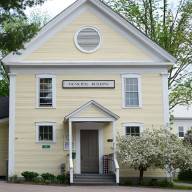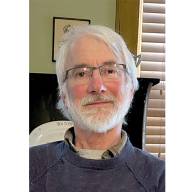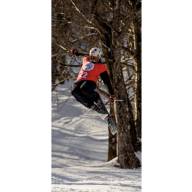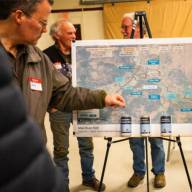House education bill creates four property classes for education taxes
This week the House Ways and Means committee passed H.454 and the entire body will vote on it as early as today, April 10. This bill has modified and created a timeline for Governor Phil Scott’s plan to re-invent education in Vermont, creating five large school districts.
Part of H.454 creates minimum class sizes, establishes a foundation formula funding mechanism which creates a baseline per pupil amount of spending. The House bill creates a timeline that would have the state’s new consolidated school districts operational by 2029.
The bill changes the current property classifications from homestead and non-homestead into four categories. According to a memo from Molly Moore, deputy director of communications and legislative affairs for the Speaker of the House Jill Krowinski, H.454 would break non-homestead properties into three classifications – apartments, residential, and nonresidential.
TWO CLASSIFICATIONS
“Currently the tax code only breaks properties into two classifications – homestead and non-homestead, with rates for one being higher in one community and lower in another. H.454 would break non-homestead properties into three classifications – apartments, residential, and nonresidential. These more refined classifications would allow more flexibility in the future to keep all four classes uniform or tax different types of non- homestead properties at different rates to meet policy goals,” Moore wrote.
The four categories are homestead, non-homestead apartment (with landlord’s certificate filed), non-homestead non-residential (business/commercial properties) and non-homestead residential (second homes and short-term rental properties.
Some Vermont legislators, including Washington district senator Anne Watson, have expressed a desire to create a property classification system that allows assessing higher taxes on second homeowners and this bill seems to include that.
That’s an idea that Eric Friedman, executive director of the Mad River Valley Chamber of Commerce, does not support.
“Second homeowners are already paying more and getting less. There is no need to discourage them,” he said.
Washington 7 state representative Dara Torre, D-Moretown, said she doesn’t want to see “an undue shift in the property tax burden to second homeowners, who are valued members of our community, so all the parts of our education system transformation over the next few years must work together to stabilize costs overall and add predictability.”
“Going from two property classifications to four as proposed in the bill so far is a more nuanced approach that better reflects the variety of ways investment properties are used. If this change is embraced, the state would gain some flexibility, keeping tax rates for all property types the same or enabling adjustments for different classifications in the future,” she added.
Fayston realtor Karl Klein is no fan of the idea either. He pointed out that people purchasing second homes are already subject to a 3.62% property transfer tax (the residential property transfer tax is 1.47%).
CHOOSING NEW HAMPSHIRE
“If the state does raise the non-homestead rate for second homeowners above that of homesteads, I’m concerned we’ll see many more choosing to be in New Hampshire rather than Vermont. I don’t believe it’s fair that a second homeowner should pay at the same or higher level as a homestead owner. They have a lower impact on services and rarely use the school system which is the largest portion of property tax,” Klein noted.
Warren has the highest number of second homes in The Valley. Warren Select Board chair Devin Klein Corrigan pointed out that the current education funding formula is clearly not working.
“I believe it's worth considering taxes on property owners in our towns who don't live here full-time or derive income from those properties. Funding education is about more than just funding one's own child's education; it's about creating vibrant, healthy communities. These strong and beautiful communities, in turn, attract people to buy or build second homes, invest in rental housing, and, hopefully, live here full-time,” she said.
Candice White, Washington 7 district state representative, does not favor increasing taxes on second homeowners.
“Currently, second homeowners are taxed at a non-homestead rate that is a different rate than homestead. If you are asking if I support increasing the taxation of second homeowners beyond what they are currently being taxed, I’d say no. I do think second homeowners pay a lot of taxes right now, as do primary homeowners. Right now, all the non-homestead tax revenue – roughly $100 million – goes entirely to fund tax credits for homestead taxpayers. I think every property owner should pay some level of property taxes. Right now, the only changes being proposed in the House are to the categories of taxation, not the actual taxation,” said White, D-Waitsfield.













